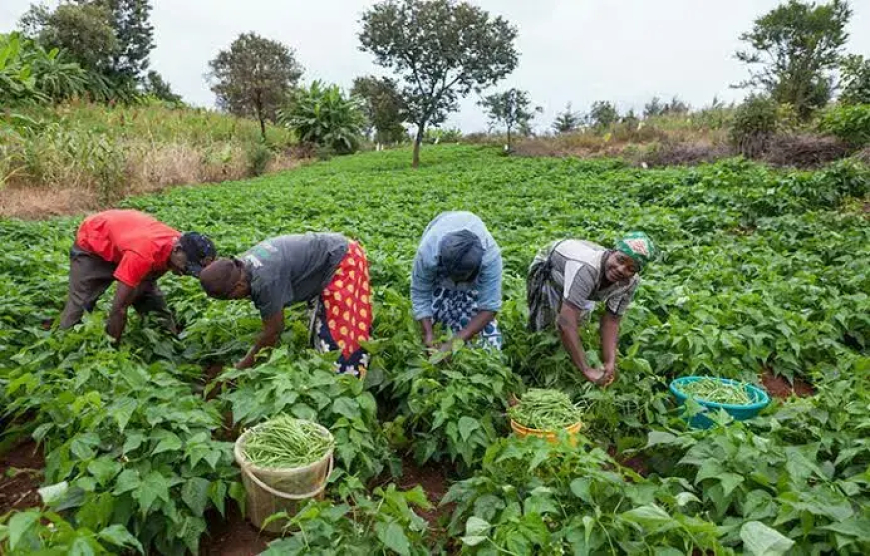Tension as Tiv farmers protest alleged land grabbing

Lafia—Tension is brewing in Obi Local Government Area of Nasarawa State as Tiv farmers have issued a stern warning to Governor Abdullahi Sule over alleged forceful seizure of their ancestral farmlands by the state government.
The farmers, drawn from Ayakeke, Osula, China, Shankodi, Udugh, Ikychiha, Utsuwa, and Daura communities, yesterday staged a massive protest, accusing the government of land grabbing and marginalization.
They claimed they were neither consulted nor informed about the government’s intention to take over their lands for a proposed agricultural project, which they described as a ploy to dispossess them of their heritage.
Speaking during the protest, spokesperson of the group, Mr. Benjamin Tyoga, said the land in question had been cultivated by their forefathers for centuries, stressing that any attempt to seize it without proper dialogue was an act of oppression.
We no longer trust the governor’s assurances. These lands belong to our ancestors. If the government truly meant well, we should have been consulted before he came to inspect the area. Instead, we only heard about it after officials began visiting our lands,” Tyoga lamented.
He accused the governor of attempting to bypass the people by insisting they send delegates to speak with him, rather than engaging with the protesting farmers directly.
“We are the people affected. Why must we send leaders? If he truly wanted to hear us, he would address us directly. This is pure land seizure, and we will not accept it,” Tyoga added.
He warned that no amount of infrastructure would make up for the loss of their lands, which remain their only source of livelihood.
“If roads are built and we have no land to farm, what have we gained? We are farmers, and our survival depends on these lands. We are citizens of Nasarawa State and deserve to be heard,” he said.
Another protester, Mrs. Terhemba Iveren, described the land as more than just a resource, calling it the people’s identity and history.
This land is our home, our story. You can’t just take it without dialogue. We are not saying we don’t want development, but it should not come at the cost of our existence,” she said.
The protest, which took place under tight security, saw youths and elders displaying placards and chanting solidarity songs. The atmosphere was charged, but the presence of security operatives ensured calm.
In his response, Governor Abdullahi Sule urged the protesters to remain peaceful and assured them that the initiative was in the interest of the entire state.
“Let your leaders come and speak with me. Don’t send troublemakers. If you send troublemakers, it will be difficult for us to have peace,” he warned.The governor explained that the farm project was not for personal gain but for the benefit of the people of Nasarawa State, including the Tiv communities.
I am the first governor to visit your communities. This project is not mine; it is for you and your children. We are planning to provide roads and other infrastructure to uplift your lives,” he said.
Sule, however, maintained that all land legally belongs to the state government and promised that compensation would be considered for those with economic trees.
Despite his assurances, community elders remained skeptical. Iorliam Aondofa called for an open town hall meeting, saying that government officials must engage with the people genuinely.”The governor must return and meet us in a town hall, not just visit the land and leave. Everyone must be allowed to speak. That is how democracy works,” he said.
Several farmers also claimed they were taken by surprise, alleging that they were not officially notified before government officials began surveying their land.
“They just came and said the land belongs to a government project. That’s not how things should be done,” said Terver Gbakough, a youth leader.
“We want respect and fairness. Any move to take our land must be with our consent.”
On his part, a land rights advocate, Comrade Isaac Gbande, warned that the government’s handling of the matter could spark long-term conflict.
“This is more than a development policy-it’s a human rights issue. The government must obtain free, prior, and informed consent before displacing communities. Anything less will lead to resistance,” he warned.

 admin
admin 


